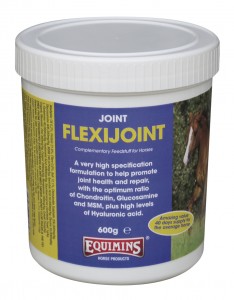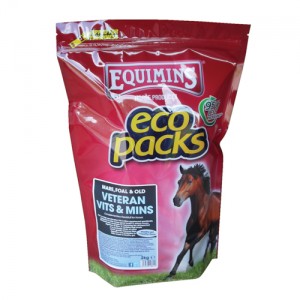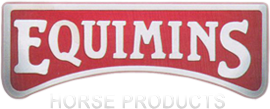Feeding veteran horses
Older horses can struggle at this time of year and during the winter, but there are ways to help make winter much more pleasant for an aging horse.
We manufacture a number of products to help veteran horses…here’s a very quick overview…
 Joint issues? From our Flexijoint through to herbal products like Devils Claw and Mobile Mover, Inflam-E-Rase (anti-inflammatory supplement) to A&R Blend Oil, we have quite a selection- see our Joints category for the full range.
Joint issues? From our Flexijoint through to herbal products like Devils Claw and Mobile Mover, Inflam-E-Rase (anti-inflammatory supplement) to A&R Blend Oil, we have quite a selection- see our Joints category for the full range.
Pick me up? Our Old Horse Liquid Herbal Tincture acts as a great ‘pick me up’ for veteran horses and also helps to maintain health. It contains Echinacea, milk thistle, ginkgo, hawthorn, chaste tree, meadowsweet, comfrey, nettle, burdock, clivers and dandelion…and a 1L bottle lasts for 66 days at maintenance level.
 Vitamins and minerals? We have Veteran Vits & Mins that’s designed to provide older horses with all the vitamins and minerals they need…with a particular emphasis on the digestion of fibre.
Vitamins and minerals? We have Veteran Vits & Mins that’s designed to provide older horses with all the vitamins and minerals they need…with a particular emphasis on the digestion of fibre.
Here are some tips from us and our Facebook fans– thanks to Sarah Y, Liz , Joanna and Sarah B for your help…
- Smile please- make sure that you have your horse’s teeth checked and, if necessary, adjust feed according to this. Older horses can have dental issues that need addressing and lost teeth can make it difficult to chew long fibres like hay, but there are LOTS of alternatives available.
- Keep ‘em warm- it’s important to keep you aging equine warm as you don’t want him/her using vital calories keeping snug when a rug could do it. Make sure the horse doesn’t get too warm though, regularly check him and keep an eye on the forecasts.
- Happy home- do your best to make sure your horse’s stable environment is clean, comfortable and that it’s draught free.
- Fibre first- even if your horse can’t chew hay, there are lots of alternatives out there that allow you to feed a high fibre diet using hay alternatives. Fibre products take longer to chew than cereals and have the added benefit of producing heat as the fibre digests…so feeding fibre helps keep him warm too!
- Keep checking- use your horse’s daily groom as a way to check his condition and ensure he’s in top health. Look out for skin conditions like the dreaded mud fever and make sure he’s not losing weight- spotting the signs early can mean just a small adjustment in feed levels or catching a condition before it takes hold. This can make a lot of difference.
- Move those legs- keeping your veteran mobile is important. Joint supplements can help horses with joint issues, but regular turnout and exercise can really help too. If your horse is showing signs of discomfort, it’s a good idea to talk to your vet as he/she may require veterinary assistance to help manage the issue. It’s also worth talking to your farrier if your horse is having mobility issues as he may able to trim/shoe in a different way to make it easier for your horse.
- Act quickly- if you’re concerned about your veteran or, indeed, any horse in your care, it’s always advisable to speak to your vet. Catching an ailment early can make a huge difference to recovery time.

 Equimins specialises in producing natural horse supplies, products and supplements for the major areas associated with caring for a horse. All products are proudly made in the UK and excellent specification quality products are of paramount importance. Using this blog we want to share some of the knowledge we have gained through nearly 30 years of experience.
Equimins specialises in producing natural horse supplies, products and supplements for the major areas associated with caring for a horse. All products are proudly made in the UK and excellent specification quality products are of paramount importance. Using this blog we want to share some of the knowledge we have gained through nearly 30 years of experience. 


